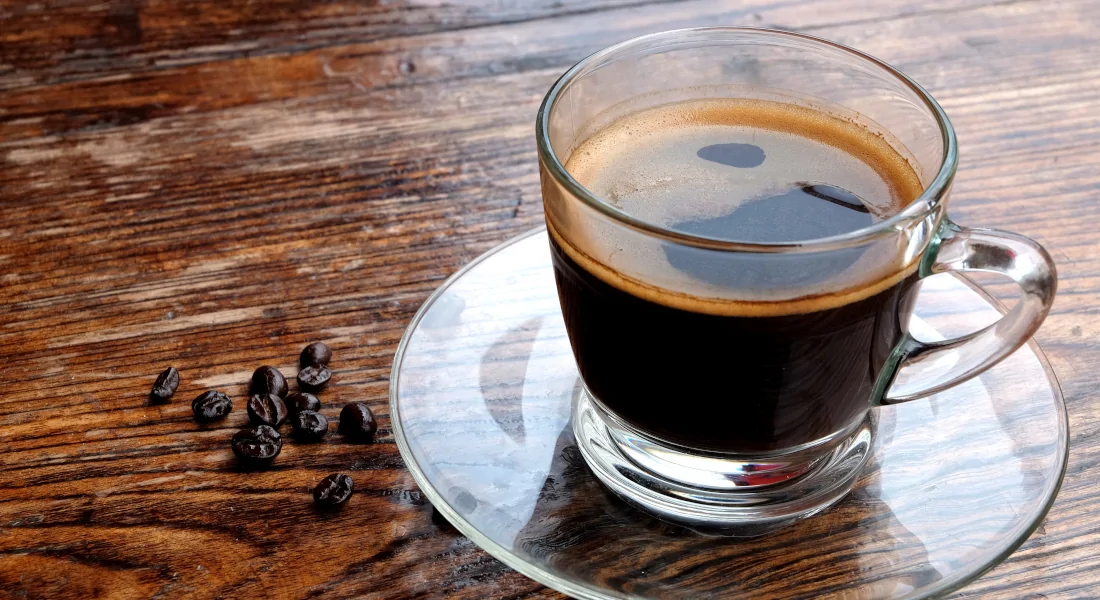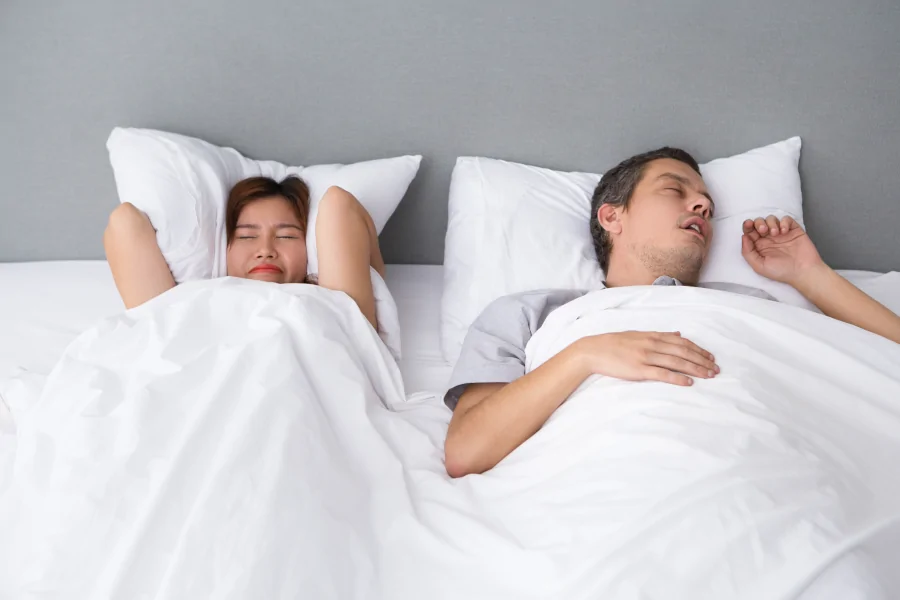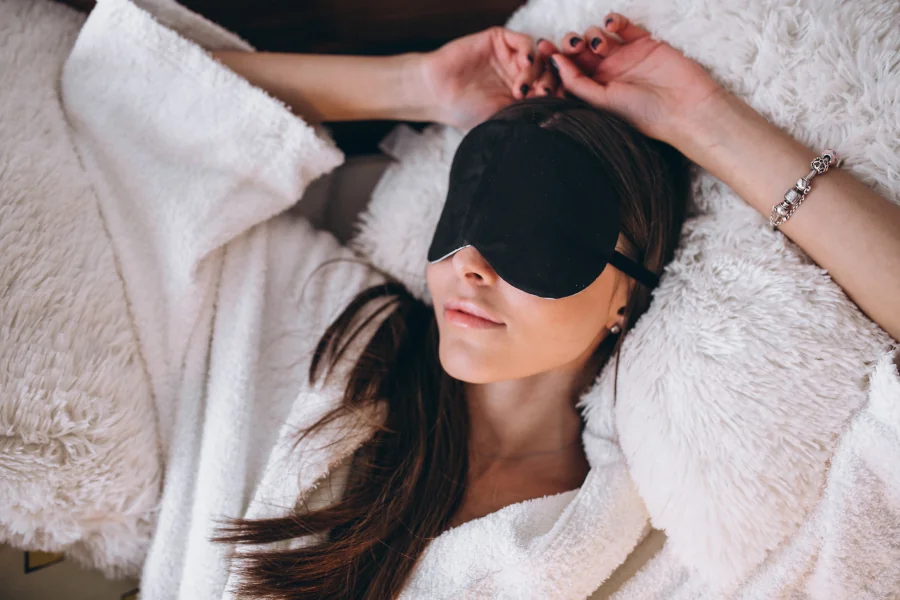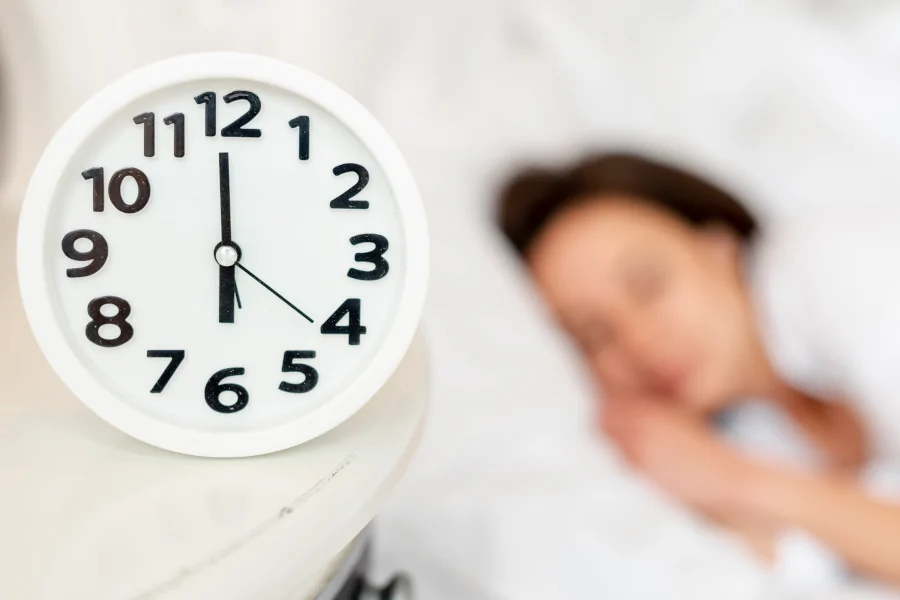In the whirlwind of modern life, caffeine often emerges as the hero, providing the necessary push to navigate hectic schedules. Caffeine is woven into our daily rituals, whether it’s the midday coffee break or a fizzy drink for an afternoon pick-me-up. But as the sun sets, we should ask ourselves, “how long does it take for caffeine to wear off?” Beyond the instant energy boost, does our resilience to late afternoon caffeine threaten the probability of getting a restful night’s sleep?
The relationship between caffeine and sleep is complex. While caffeine can offer a transient surge in vitality, its lingering effects can disrupt the delicate dance of our circadian rhythm, potentially leading to a restless night’s sleep. This exploration is a journey into the mechanisms governing caffeine, the duration of its influence, the myriad of factors shaping its impact, and practical strategies for attaining a night of undisturbed sleep.
How does caffeine work?
Before we dive into the different aspects of caffeine’s impact on the body, let’s unravel the biochemical changes through which this stimulant exerts its influence on our physiology. Caffeine, a natural psychoactive substance found in coffee, tea, and an array of energy drinks, belongs to the class of compounds known as xanthines. Its primary mode of action is as an adenosine receptor antagonist. In simpler terms, caffeine blocks adenosine receptors in the brain.
Adenosine, a neurotransmitter, typically promotes sleep and relaxation by binding to its receptors. Enter caffeine, the disrupter of this blissful sleep hormone. By obstructing these receptors, caffeine prevents adenosine from inducing drowsiness. Instead, it catalyses the release of other neurotransmitters like dopamine and noradrenaline (norepinephrine), contributing to heightened alertness and energy. The onset of caffeine’s effects is a swift 15 to 45 minutes post-consumption, with peak levels coursing through the bloodstream within 30 to 60 minutes.
Understanding these intricacies sets the stage for comprehending the wide-ranging spectrum of caffeine’s effects, with variations observed amongst individuals.
How long does caffeine last?
The footprint of caffeine’s effects is far from uniform and is moulded by a multitude of factors. On the surface, the average half-life of caffeine, defined as the time required for the body to eliminate half of the ingested caffeine, hovers at around 5 hours in healthy adults.
However, this seemingly straightforward statistic merely scratches the surface of the caffeine iceberg. Numerous factors sway the duration of caffeine’s influence, creating a nuanced landscape of effects.
Your age
Metabolism, the body’s biochemical engine, tends to decelerate with age. In one study, coffee drinkers between the ages of 65 and 70 took 33% longer to metabolise caffeine than their younger counterparts. Consequently, the impact of caffeine can linger for a more extended period of time in older individuals, offering them a prolonged feeling of wakefulness.
Your gender
Studies hint at metabolic differences between men and women when it comes to caffeine. Women, it seems, might metabolise caffeine at a faster rate compared to their male counterparts, leading to a shorter duration of action.
Your weight
Body weight intricately influences how caffeine unfolds its effects. Individuals with a higher body weight might experience a swifter decline of caffeine’s impact, as the stimulant disperses in a more extensive volume of body water.
If you are pregnant
Expectant individuals metabolise caffeine more gradually, resulting in a protracted encounter with its effects that stretched beyond the norm. It is important to note that experts advise pregnant women to limit their daily caffeine intake to 200 mg per day, which is around half of the advised upper limit per day for non-pregnant individuals.
What drinks and foods contain caffeine?
Caffeine’s domain extends far beyond the familiar realms of coffee and tea; it stealthily infiltrates various everyday foods and beverages. Let’s embark on a journey through this caffeinated cosmos:
Coffee: Coffee remains a popular source of caffeine. An average cup of brewed coffee, a daily ritual for many, contains around 95 mg of caffeine. For those that enjoy a cup of filtered coffee, that number can be as high as 140mg.
Tea: Tea, in its diverse forms (black, green, or white), carries the banner of caffeine. An 8-ounce cup of black tea typically wields 40-70 mg, while green tea holds around 30-50 mg.
Energy Drinks: A contemporary addition to the caffeinated repertoire, energy drinks pack a punch, with caffeine levels ranging from 40 to an astonishing 250 mg per 8 ounces.
Fizzy Drinks: Colas and other fizzy drinks often harbour caffeine, with levels fluctuating between different brands and types.
Chocolate: Dark chocolate, with its rich cocoa content, trumps milk chocolate in the caffeine department. A single 1-ounce square of dark chocolate often contains around 12 mg of caffeine. What can often be a late-night snack for some, if consumed in a large quantity, can cause unnecessary tossing and turning in bed throughout the night.
Medications: Some over the counter and prescription medications, particularly painkillers and cold remedies, may contain caffeine.
How late is too late to have caffeine?
As we tread the delicate balance between relishing our favourite caffeinated indulgences and safeguarding a blissful night’s sleep, the timing of caffeine consumption emerges as a pivotal factor. While individual sensitivity remains a key player, the Journal of Clinical Sleep Medicine advises the public to refrain from consuming any caffeinated drinks within six hours of the individual’s bedtime.
For those wrestling with sleep challenges, implementing this change, alongside other components of sleep hygiene, such as minimising exposure to blue light before bedtime and integrating regular exercise into their daily routine, can play a big role in helping them with their sleep troubles.
Should I just avoid caffeine overall?
Saying goodbye to caffeine may make some people nervous, especially those who enjoy their daily coffee or tea. However, the goal isn’t necessarily total abstinence but rather striking a balance that nurtures overall well-being and fosters quality sleep.
Trimming down caffeine intake, particularly in the hours leading to bedtime, potentiates enhanced sleep hygiene. It’s pivotal to acknowledge that caffeine extends some benefits, with a study from Harvard showing that low to moderate doses of caffeine (50 – 300 mg per day) may cause increased alertness, energy, and a heightened ability to concentrate. On the other hand, they noticed that higher doses were linked with negative side effects such as anxiety, restlessness, insomnia, and increased heart rate.
Experts at John Hopkins Medicine suggest that long-term benefits of moderate caffeine intake include a reduced risk of coronary artery disease, stroke, diabetes, and kidney disease. These seem to be just some of the many long-term benefits of this addictive substance! Hence, the crux lies in moderation and mindful consumption.
Those who regularly consume caffeinated beverages close to their bedtime may wish to consider implementing the following suggestions:
Gradual reduction: If a substantial caffeine intake characterises your current routine, contemplate a gradual reduction (particularly in the later hours of the day), to allow your body to acclimatise to the change. One way to do this is by reducing your daily caffeine intake by about 10% every two weeks. That way, you will be able to reduce your caffeine intake, without risking intense withdrawal symptoms in the process. This process can be effective but means that it may take months to achieve your desired caffeine intake.
Hydration: Opt for water or caffeine-free beverages, as an alternative to caffeine, later in the day to stay hydrated without experiencing the stimulating effects of caffeine.
Herbal Alternatives: Delve into the realm of caffeine-free herbal teas as a soothing alternative for the evening.
Consultation: If managing caffeine intake poses challenges or sleep issues persist, we advise that you seek guidance from a healthcare professional who can tailor their advice and management to your particular circumstances.
In conclusion, unravelling the multi-faceted intricacies of caffeine’s wear-off period stands as a pivotal stride towards the pursuit of a restful night’s sleep. By making informed decisions about when and how much caffeine to consume, individuals can carve a path that allows them to relish the perks of caffeine without compromising the quality of their sleep. It’s a journey of moderation, self-awareness, and a commitment to nurturing healthy sleep habits to create a life brimming with vitality.
How can Dr Mistry help?
This article is by no means meant to put you off caffeine but to increase awareness of how it may cause you to lie awake at night for longer and affect your sleep negatively. In some cases, poor sleep may also be caused by other factors such as insomnia, poor sleep hygiene or stress. If this is the case, it is important to visit your local GP or sleep physician as soon as possible for appropriate tests and to commence treatment if required.
As a sleep physician and psychiatrist, Dr Dipesh Mistry offers consultations for those struggling to sleep. Please feel free to contact us if you require further advice on improving your deep sleep or, after a trial of these suggestions, you cannot fall asleep.









